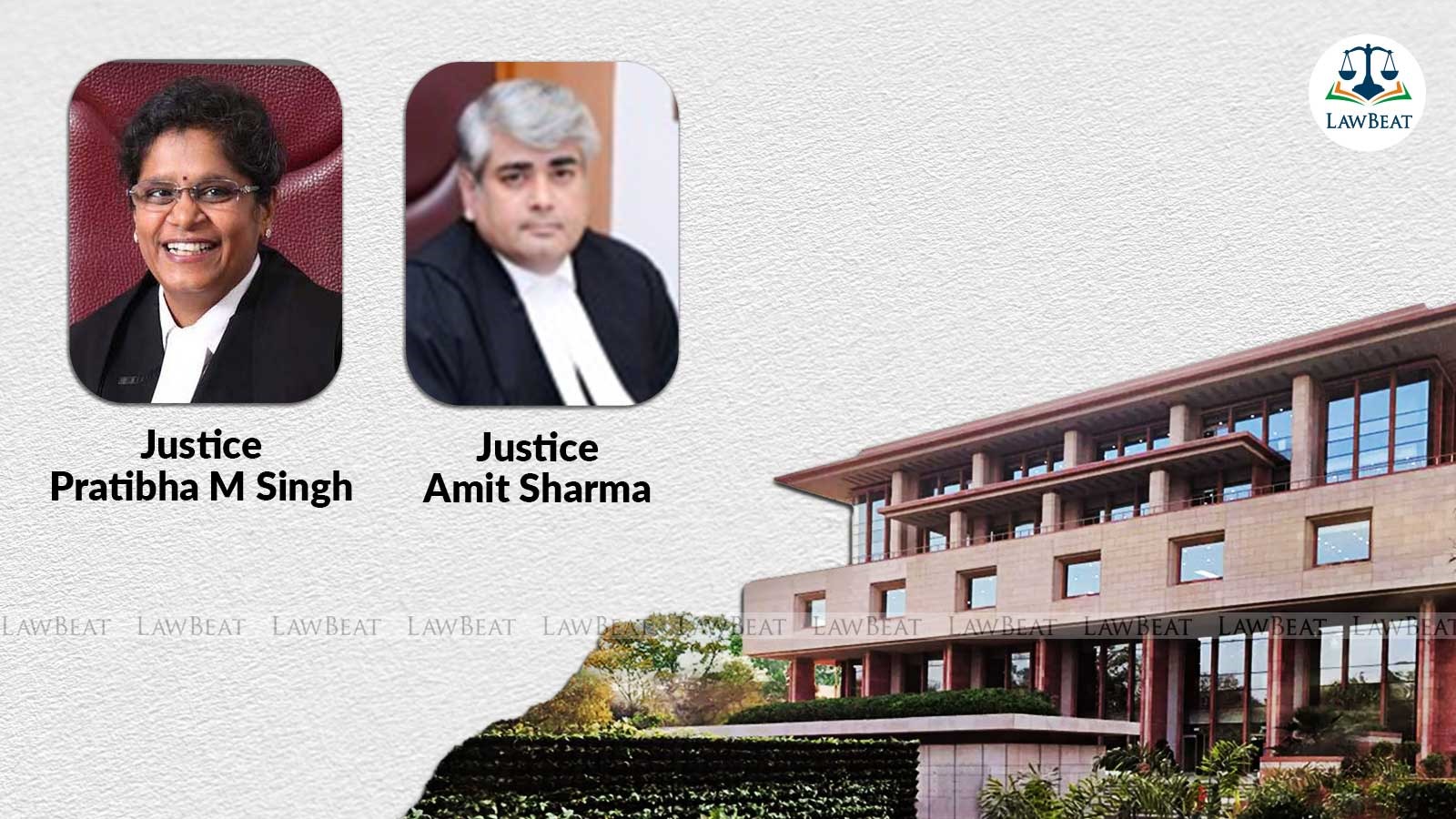‘Chats Reflect Intention Of Appellant To Join ISIS’: Delhi HC Denies Bail To Accused

The bench observed, “ISIS had been declared to be a terrorist organization and judicial notice can be taken of the fact that the world at large knows about the activities of ISIS. The aforesaid chats further reflect the intention of the Appellant to join ISIS (Dawlah) and was ready to perform Hijrah (travel) for the same”.
The Delhi High Court, on Friday, dismissed an appeal filed by Md Heydaitullah challenging the order of the Trial Court dismissing his bail application. Per the National Investigating Agency, the appellant conspired to ‘establish Sharia law in India under the flag of ISIS by waging Jihad’.
The bench of Justice Pratibha M Singh and Justice Amit Sharma, referring to the appellant’s chats on various online groups, noted that “it is not a case of passive support to a terrorist organisation, but rather the chats, as highlighted hereinabove, show that the Appellant was advocating Jihad in order to establish Khilafat (“Caliphate)”.
NIA, represented by Special Public Prosecutor Rahul Tyagi, asserted that ‘Appellant was disseminating the ISIS ideology through the cyber space, and was spreading hatred against the Government of India by promoting enmity against Hindus on social media’. Per the NIA, pro-ISIS material including instructions on explosives along with images of the ISIS flag at the India Gate.
Senior Advocate Trideep Pais, representing the appellant, argued that there was no evidence connecting the accused to any terrorist organization. It was further asserted that the chargesheet revealed no pro-ISIS material directly implicating the Appellant, despite the recovery of ISIS-related documents from his mobile phones. Senior Advocate Pais argued that mere possession of such materials, without evidence of dissemination or active participation, could not establish guilt under UAPA.
The court noted that the trial court had not yet framed the charges against the appellant. “Thus, in order to assess and find justifications for grant or non-grant of bail to the Appellant, the material collected and filed along with chargesheet by the NIA needs to be examined”, the court noted.
The court observed that the Appellant had taken an oath (Bayath) in the name of Abu Bakr al Baghdadi and Abu al-Hasan al-Hashimi al-Qurashi, both of whom were acknowledged leaders of ISIS. According to the chargesheet, Abu Bakr al Baghdadi announced the formation of a "caliphate" in June 2014.
The court, referring to the chats of the appellant and the incriminating images retrieved from the mobile phone, observed, “that the Appellant was not just a passive supporter of ISIS, but was determined to further its activities by influencing other individuals at various platforms”.
The court further noted that ISIS is a known terrorist organization and that ‘the world at large knows about the activities of ISIS’.
Additionally, the court highlighted that the appellant “was advocating Jihad in order to establish Khilafat (“Caliphate)”. By doing so the Appellant was also trying to recruit the individuals on these online groups for such acts”.
Based on the material presented in the chargesheet, the court held that the provisions of Section 43(D)(5) of the UAPA were clearly applicable. Therefore, the court dismissed the appeal and upheld the trial court’s order.
For Appellant: Senior Advocate Trideep Pais and Advocate Kartik Murukutla
For Respondent: Special Public Prosecutor Rahul Tyagi with Advocates Jatin, Amit Rohila and Shaurya Lamba
Case Title: Md Heydaitullah v National Investigation Agency
